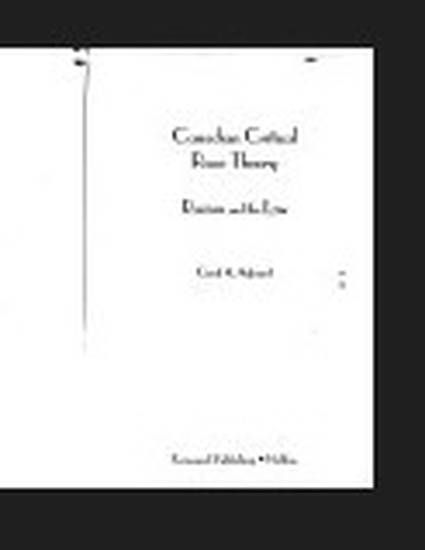
- Critical Race Theory,
- CLS,
- Racism in Law,
- R v RDS,
- R v Parks,
- R v Williams,
- R v Cole,
- Supreme Court of Canada
Critical Race theorists were attracted to the CLS movement because it challenged liberal concepts about the" neutrality" and" objectivity" of law and because it recognized the fact that law legitimates existing" maldistributions" of wealth and power. However, in the end, Critical Race theorists rejected CLS because of its refusal or inability to recognize the central role that race and racism play in law, as well as the movement's failure to give credit to the experiences of people of colour. Critical Race theorists also rejected the CLS view of rights discourse and its disinclina-tion to use law as a tool against oppression and subordination. This book documents how Canadian Critical Race theorists are beginning to develop a body of thought designed to move us beyond theory to practical applications. Canadian Black lawyers and others are gradually beginning to seriously consider the role of race in litigation and to de-velop effective" Critical Race Litigation"(CRL) strategies to address the issue. As demonstrated by cases such as R. v. RDS (1994), R. v. Parks (1993), R. v. Williams (1998) and R. v. Cole (D)(1996),'these strategies are increasingly placing issues of race before the Canadian courts.

Also available in video format at https://www.youtube.com/watch?v=e7b-joJ5XFs.